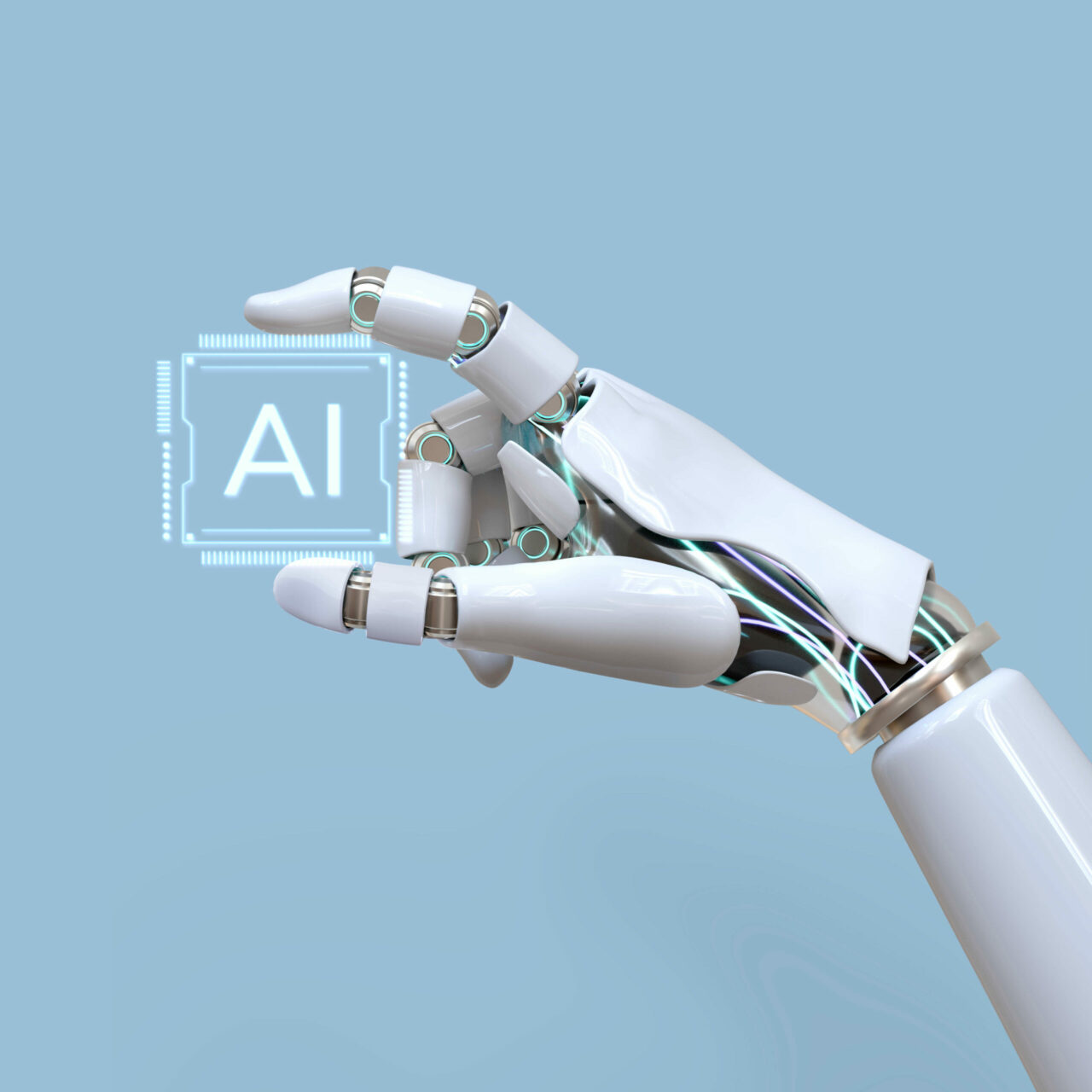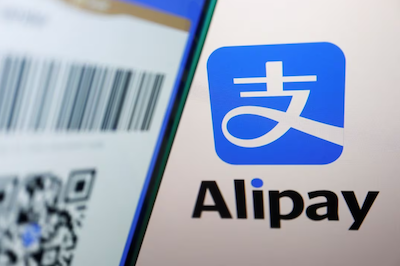The African Development Bank (AfDB) and Intel have forged a partnership to impart advanced AI training to three million Africans and 30,000 government officials
The collaboration is intended to transform the African digital ecosystem, as stated on the AfDB’s website.
Promoting the digital transformation of Africa
The purpose of the initiative is to provide a significant number of Africans with the necessary skills in advanced technologies such as artificial intelligence, robotics, and data science.
These skills are essential for the enhancement of economic development and productivity in Africa.
The partnership’s objective is to provide Africans with AI training, thereby enabling the continent to participate more actively in the technology’s advancement and to contribute to its continuous innovation.
It is anticipated that the training program will have a beneficial effect on a variety of sectors, such as agriculture, health, and education.
By addressing socioeconomic challenges and enhancing productivity, it may be possible to promote sustainable development and enhance the quality of life in Africa.
Bienvenu Agbokponto Soglo, Intel’s director of government affairs Africa and International Government Affairs chief technology officer liaison, expressed his enthusiasm for the partnership.

Soglo stated that Intel is interested in collaborating with African governments to ensure that advanced technologies, such as AI, are accessible to all individuals, irrespective of their location, gender, or ethnicity. This will enable individuals to engage in the digital economy.
The partnership extends beyond individual training, as indicated by the statement.
It also assists African countries, regional groups, and continental organizations in the development of consistent policies and regulations for digital technologies such as AI, 5G, and cloud computing, thereby establishing a unified approach to digital transformation throughout Africa.
Africa and AI
Nigeria’s recent introduction of its first multilingual large language model, which aims to establish itself as a leader in AI development across the continent, represents substantial progress, despite the fact that African countries are currently striving to catch up in the AI field.
Nigeria, like numerous other African nations, is confronted with a substantial talent deficit in the development of AI technology that is comparable to the capabilities of tech titans such as OpenAI, Google, and Meta, despite its efforts.
Moreover, the high cost of training AI models is a significant obstacle for numerous individuals and organizations outside the technology sector, which impedes their capacity to engage in the AI revolution.
Sam Altman, the CEO of OpenAI, cited the high training cost for GPT-4 and aimed to raise up to $7 trillion for a project that would resolve the significant global shortage of semiconductor chips.



